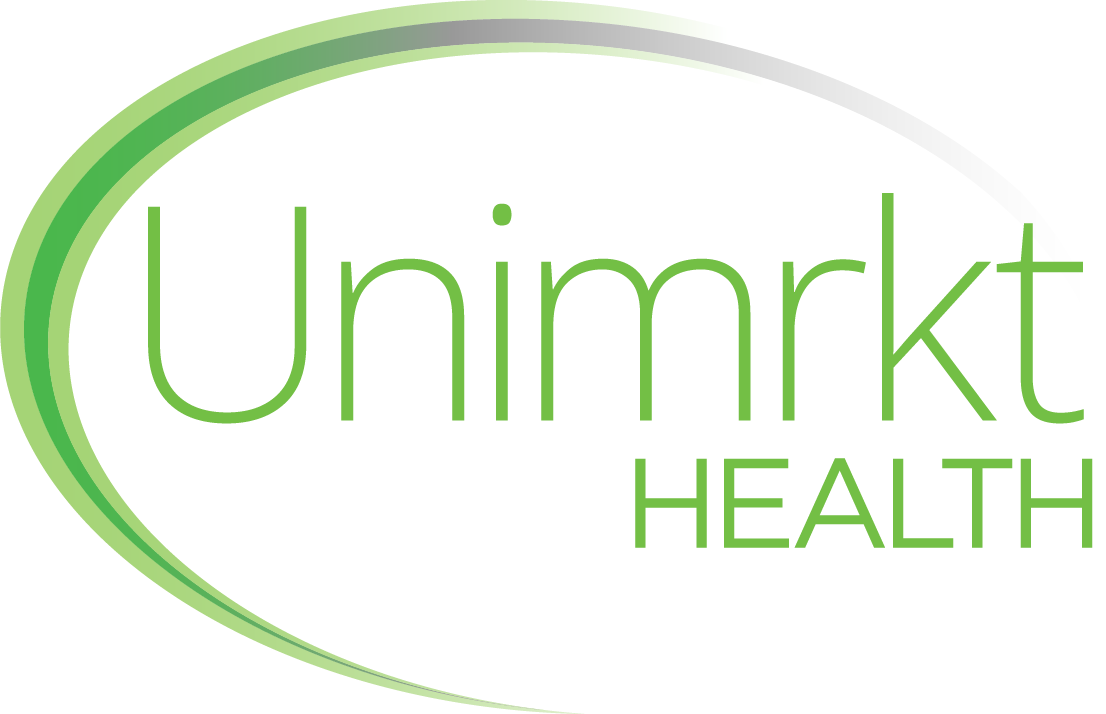The Magic Combination of Quantitative and Qualitative Healthcare Research Techniques Together
- Unimrkt Healthcare » Blog » The Magic Combination of Quantitative and Qualitative Healthcare Research Techniques Together
Quantitative research is crucial for the medical industry, but there is a significant importance of qualitative research in healthcare too. You can’t ignore either of them when it comes to data collection in this high-stakes space. Mixed Methods Research adds the balance. It blends both quantitative and qualitative data to make way for a thorough exploration of a research question. You can use this new-age technique to find answers to complex research queries that can’t be solved with the sole use of either of the traditional approaches. In today’s blog, we will explore how healthcare qualitative research and quantitative research can be combined for magical insights that are not only accurate but highly actionable. It can help you fine-tune medical practices, policies, and patient outcomes. Let’s get started!
Understanding Advantages of Qualitative Research in Healthcare
Qualitative medical research, like in-depth interviews, focus groups, and observational research, provide a deep understanding of patients’ behavior. These techniques explore the intricacies of individual attitudes and motivations, letting researchers unravel rich insights for business-first decision-making. One of the chief benefits of qualitative research methodology is its ability to explore underlying reasons behind patient behaviors and preferences. It provides valuable insights into the emotional and psychological aspects of patients’ decision-making, allowing researchers to adjust approaches based on emerging insights. In healthcare applications like patient experience evaluation and improvement, qualitative data is the key to interpreting how patients perceive care delivery and what changes are required.
Exploring the Need for Quantitative Research in Healthcare
Ignoring the need for quantitative medical research in healthcare is a massive mistake, as large-scale surveys and questionnaires can gather structured data systematically. It is highly helpful to understand and predict patient behavior, trends, and preferences. The most significant benefit of this approach is the statistical analysis capability that allows researchers to access a comprehensive view of the industry, and identify correlations and predictive patterns within large datasets. It facilitates data-driven decision-making and strategic planning. For healthcare applications like clinical trials and epidemiological studies, quantitative research tools are essential as they require large data groups tracked over the long term.
How Does Mixed Methods Research Combine Quantitative & Qualitative Data?
Relying on a single research methodology has become old-school, and rightly so. It often leads to misleading data, non-actionable findings, and missed opportunities. That’s why new-age researchers use advanced techniques like Mixed Methods Research. This unique and innovative approach combines both qualitative and quantitative aspects in a single study. Quantitative or numerical data, such as ages, scores, and percentages, are collected through surveys and experiments. Meanwhile, qualitative data like experiences, motivations, and attitudes are gathered through in-depth interviews or focus groups. Once both numerical and non-numerical data have been collected, it is analyzed to find relevant insights. This helps draw more meaningful conclusions to aid with better decision-making. The findings are also more generalizable, contextual, and credible. Mixed Methods Research not only collects and processes both types of data but also establishes a relationship between the two elements. Some common designs for this methodology include convergent parallel, explanatory sequential, and exploratory sequential.
How to Blend Healthcare Qualitative Research with Quantitative Data?
When you blend healthcare qualitative research and quantitative data, they can address each other’s limitations and provide the most meaningful and contextual output to help you understand not only what the patients think, but also why they think so. There are numerous use cases for the mélange of qualitative and quantitative data gathered through the Mixed Research method. For instance, it can improve chronic disease management. Quantitative methods may only show that a certain percentage of patients with diabetes fail to follow their medication regimens properly. However, combining it with qualitative feedback coming through interviews can uncover reasons for this, which could be the fear of side effects, financial constraints, or the lack of understanding about the treatment. When you have the entire information, you can create strategies to eliminate the causes of non-adherence to medications and improve the management of chronic diseases.
Applications of Mixed Methods Research in Healthcare
Mixed Methods Research emphasizes the importance of qualitative research in healthcare while simultaneously focusing on the need for quantitative research. It gives a magical combination of both to find the most actionable output. Here are five more applications where Mixed Methods Research can help the healthcare industry:
Improving Patient Satisfaction & Experience
Mixed methods research allows healthcare providers to analyze patient satisfaction quantitatively through surveys and ratings and qualitatively through interviews or focus groups to dive deeper into specific issues and identify areas for improvement like unavailability of certain services, longer wait times, etc.
Understanding the Healthcare Staff
With the help of mixed methods, hospitals or clinics can study their workforce to detect issues like staff burnout, dissatisfaction with their jobs, and loss of productivity. They can understand both the extent of the issues and the underlying cause behind them.
Assessing the Impact of Health Policies
Mixed methods research can be highly useful while implementing new health policies. It can evaluate both the impact and the perception of the new policies to facilitate change seamlessly without any resistance.
Evaluating Public Health Programs
Mixed methods research is also helpful in the successful implementation and evaluation of public health programs. For instance, if a smoking cessation program is launched, quantitative metrics can assess the number of participants while qualitative research methodology can understand the experiences of the participants.
Enhancing Mental Health Research & Treatment
Mental health is a highly sensitive topic in the industry, and there’s a growing need to properly address patient concerns regarding treatments. Healthcare providers are increasingly using mixed-methods research in mental health studies to understand quantitative and qualitative insights into patient outcomes and treatment efficacy. In this application, quantitative data assesses and reveals the severity of mental health symptoms and treatment success rates while qualitative interviews uncover a deeper understanding of patient experiences, coping mechanisms, and the effectiveness of interventions. A recent study that evaluated cognitive-behavioral therapy (CBT) for anxiety leveraged mixed methods research to analyze its efficacy. Quantitative methods showed improvement in anxiety scores post-treatment, while qualitative tools unveiled emotional challenges and therapy adherence problems that patients faced.
These are only some of the instances where sole qualitative medical research or quantitative data collection might not be enough to make a satisfying conclusion.
Final Word
Gone are the days when experts emphasized only the importance of qualitative research in healthcare. Quantitative data is equally valuable for healthcare providers nowadays. The former is more patient-focused, while the latter is required to enhance your business. Combining healthcare qualitative research with quantitative numerical data via mixed method techniques is a new-age approach that helps with a comprehensive understanding of both statistical trends and personal experiences filled with emotions. This ensures that research findings are not only accurate but also actionable for the healthcare provider. Ready to transform your healthcare research with mixed research? To make the most out of your medical research endeavors, it’s crucial to work with reputable market research companies. If you are looking for someone with an impeccable track record of conducting healthcare market research, look no further than Unimrkt Healthcare. Throughout the years, we have consistently applied scientifically validated methodologies for research in the health industry, ensuring the delivery of actionable data through meticulous targeting of respondents. To learn more about how we can help you with your medical market research endeavors, call +91-124-424-5210, +91-9870-377-557, or email sales@unimrkthealth.com. You may also fill out our contact form, and our team of experts will assist you as soon as possible.
Recent Posts
- 10 Medical Online Survey Mistakes You Must Leave Behind in 2025
- How Qualitative Healthcare Research Can Accelerate Ethical AI Adoption
- Trust as a Growth Strategy: What Healthcare Leaders Can Learn From Business Market Analysis
- Mapping the Healthcare Value Chain: A Market Research Perspective
- Decoding Emotional Triggers in Treatment Choices: A Qualitative Approach
Archives
Quick Enquiry
Customer Service, We Make it Better
Related Posts:
Let's Connect
Please, fill in the form to get in touch!



